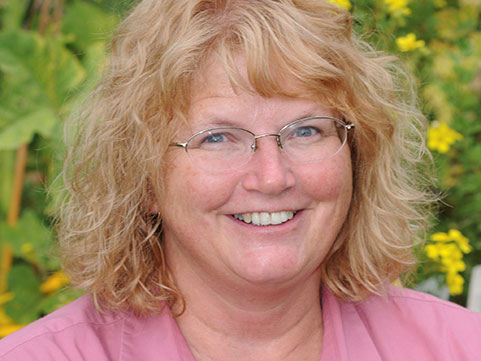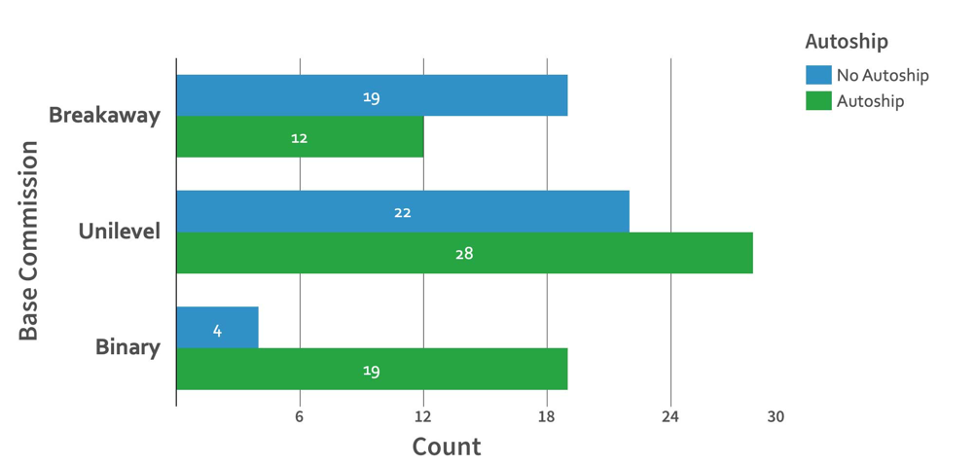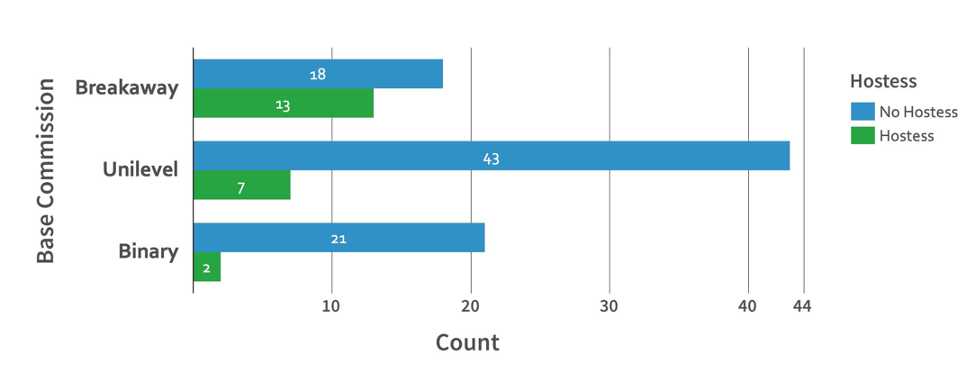SHARE
Trends in Customer Programs

Since the Herbalife settlement and the Vemma case, the direct sales industry refocused on customer programs. Early direct sales companies were customer focused (see article by Alan Luce). In order to understand the different ways companies are using customer programs, I analyzed the top 104 US direct selling companies.
A range of customer programs were used such as preferred customer autoship, loyalty programs, subscription, and/or points programs. All customer program benefits included either one or a combination of the following: (a) discounted products, (b) free products, (c) free shipping, and/or (d) reduced shipping costs.
Autoship Programs
Almost two-thirds (69.23%) of top companies had either an autoship, loyalty program, or a subscription program. The industry was an early adopter of autoship programs. Autoship programs have been in use since the 1980s. Most customer autoship programs were recurring orders at regular intervals which ranged from one to six months.
- More than half (56.73%) of the companies utilized an autoship programs.
- Monthly autoship was required almost two-thirds (70.18%) of the time.
- Companies with binary plan were statistically more likely to use an autoship program (82.60%).
- 90.50% of companies with multiple products utilized an autoship.
- 78.90% of wellness companies had an autoship program.
- Customer autoship programs used two main types of rewards: reduced price and/or free product.
One startling finding was that binary companies utilized autoship 82.60% of the time. This may seem surprising, but breakaway companies have more companies without an autoship than with one. In reviewing what companies were breakaway, many of those breakaway companies are also party plan. Party plan companies used hostess gifts and product discounts for customers instead of autoship.

Over two-thirds (80.00%) had zero sign-up fees for autoship programs. doTerra required a fee to sign up for a wholesale customer program, however, they gave away product equal to the price of sign up.
Autoship Benefits
Companies used a wide variety of benefits for signing up for autoship, loyalty or subscription. Companies can also get creative with benefits. For example, Jeunesse offered preferred customers the opportunity to try a new products first. Scentsy provided a unique benefit: if you signed up as a preferred customer on autoship, and the company discontinued a bar you have in your autoship order, the company would continue to make the bar for you. Monat Global offered flash sales, special offers, and a birthday gift for preferred customers.
Points Programs
Points programs were similar to autoship. The benefit of points programs was that points could be used for reduced product or free product. In most cases the points were given for product purchases or being on autoship. Melaleuca created a unique aspect to their points program by giving points for learning product knowledge. You received points for watching videos about products offered. Essentially, a company is going to sell a wider variety of products and possibly larger average order sizes as customers learn about different or new products.
In some cases, the loyalty program was tied to the autoship program. For example, in Amway, a preferred customer received more points for every dollar purchased in the loyalty program and received extra points for purchases on autoship or the “Ditto” program.
In some cases, the customer must accumulate a specified number of points before using or wait a specified time. For example, Mannatech allowed a customer to redeem rewards after month four. In other cases, customers must use the points within a limited time. For example, Nu Skin customers must use reward points within 90 days. Most points programs expired or were forfeited if a customer went inactive in autoship.
Customer Referral Programs
One exciting trend in the industry was referral customer programs. A third (32.69%) of companies utilized a customer referral program. In the referral program, customers (not distributors) received rewards for referring new customers to the products. Typically a company would give customers a link that they can share with others. When the link was used, the company gave the customer either a percent off the next order or product credit. One example of refer and get your product free was Pruvit. If you referred two customers and signed up for autoship, your autoship was free.
In some cases, the customer receiving the referral also received a discount. For example, Modere offered the original customer $10.00 off when the referred customer ordered, and the referred customer also received $10.00. Companies such as Neora offered the referring customer $10.00 when the new customer ordered $50.00.
Customer referral programs can provide a way for new people to get some benefit from sharing the product. Most people don’t mind sharing what products they use. As well, most people like to hear what products others use. The growth of livestreamers who recommend products is just one sign of this trend. Even those who don’t want to go the route of livestreaming will still share your product with others. Interestingly, according to DSA, the majority of direct sellers are women.
Hostess Programs
Hostess programs also have a long history in direct selling. Party plan companies continue to use hostess gifts for those who are willing to host a party. Of the top 104 U.S. companies, 21.15% used a hostess program. Of the 22 hostess reward companies, 27.27% also had a regularly scheduled program such as autoship, loyalty, or subscription. In most companies, more than one order was required to be considered a “party” and be available for hostess rewards (see Arbonne). In other companies, the rewards appeared to depend on the number of orders, and consultants received the rewards to pass on to hostesses (see Paparazzi or Stampin Up!).
Most companies required a minimum party order size to receive hostess rewards (86.36%). . Tupperware and Pampered Chef are two examples of homecare companies. Tupperware was an exception to the minimum party order size. Hostesses received a gift for hosting a party. The minimum amount to receive rewards was $100, and the maximum was $250. 31.82% required $200 as the minimum party order. Companies which sold homecare items had the highest percent with hostess programs.

Multiple Programs
57.8% of companies used more than one customer program. Stella & Dot used five customer programs, (a) autoship, (b) loyalty, (c) points, (d) hostess, and (e) free shipping. Some companies in my research did not appear to have customer programs. They may have started one since my research. It may also be that distributors know about customer programs which were not easily found on the companies website.
| Total Customer | Frequency | Percent |
| 0 | 8 | 7.7% |
| 1 | 36 | 34.6% |
| 2 | 27 | 26.0% |
| 3 | 24 | 23.1% |
| 4 | 8 | 7.7% |
| 5 | 1 | 1% |
| Total | 104 | 100 |
Customer programs should be considered by all direct selling companies. The variety of customer programs demonstrates that companies can set out a clear role for customers. One of my favorite customer programs was Melaleuca. I loved giving points for watching product videos. Give customers credit for learning more about the product line.
If you want to know more about compensation plan or customer program designs, contact us at mlm-cc.com or email nancyt@mlm.com
you may also like
Essential Software Customizations for MLM, Direct Selling, and Affiliate E-commerce
Navigating the changing landscape of e-commerce, particularly within MLM, direct selling, and affiliate marketing channels, requires more…
How to Ensure Your Compensation Plan and Software Work Well Together
Peanut butter and jelly. Milk and cookies. Batman and Robin. Everybody knows these famous pairings work well…
Podcast 53: Advantages Using an Interim VP of Sales for Direct Selling Companies
Today we welcome a returning guest of this podcast: Jeff Jordan. Jeff has also written articles for…
compensation consulting for mlm companies
We offer data-driven compensation plan design & analysis
MLM.com Newsletter
Get our e-mail newsletter, with MLM.com articles & online exclusives, delivered to your inbox each week.



